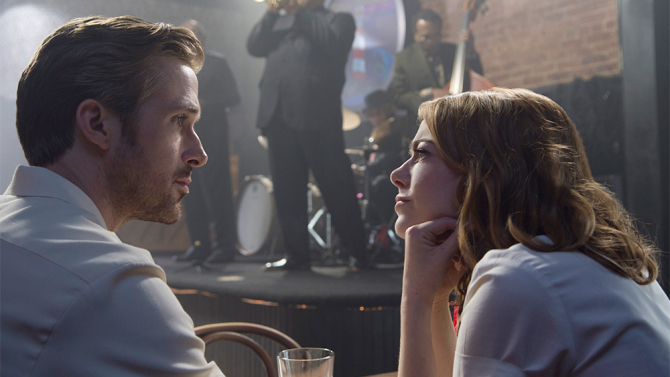“How are you gonna be a revolutionary if you’re such a traditionalist?”
Since I saw La La Land with my friends last week, this set of words resonated and stuck with me.
In the context of the movie, Ryan Gosling’s character, Sebastian, fearing that his beloved jazz was dying, wanted to revive it and return it to the limelight: he wanted to be a revolutionary that revitalised his “dying” passion in the world.
Only, as Keith, his bandmate highlights, “You hold onto the past, but jazz is about the future;” Sebastian’s desired revolution isn’t a commitment to transformation, but a reluctance to accept a moving future.
It’s a simple, but marked difference – and that difference marks the ability to respond versus the ability to just react.
If you want to be a revolutionary, you need to be headed to a vision of a future, not back to a fossil of the past or stuck to an impression of the present. Last year’s British vote between the sides “remain stuck in the present” versus “leave, back to the past” shows us not only what a lack of future vision looks like, but also the lack of “revolution” it yields.
Sometimes we want our situation to change, but we don’t realise that the change we want is to go back to the past.
When we want our situation to go back “to a better time” – like Sebastian’s longing to return to a jazz golden age – we strip ourselves of the ability to meaningfully promote change around us, and can only react in dismay to how things aren’t what we want.
Sometimes we get what we want in these situations, but then we’re hidebound by fear of losing it again.
In contrast, where we’re able to accept the present and let go of the past, we open ourselves to what comes our way, and enable ourselves to respond and make decisions about the kind of future we want to create.
When we’re open and flexible, we don’t need to be afraid of change.
Reflecting on my experiences, I think back to my last few months at university, where, at times, I felt lonely: I wasn’t building some of the depth of friendships that I wanted. Why? Because I was comparing my relationships to the ones I formed over my summers while studying to be a coach in a very different environment. Whenever I “had” something, I’d “lose” it again because it wasn’t measuring up to the expectations of my past.
Since then, I realised the script I was running – and how it was making me repeatedly unhappy. Now, I’m taking responsibility for my social life and actively making things happen, and I’m happier for it. I’ll admit, I still complain about some reoccurring aspects of my situation, but now I’m also able to see more of the good and harness it as it comes my way.
I’m happier because I’m working with my present now – not rejecting it.
How about you? Does the quote resonate with you in some way, too?
Does my story feel familiar?
Have you been reacting rather than responding in some areas of your life?
What’s becoming possible for you as you take responsibility and take on the present?







Hey Robert, it’s Soleil 🙂 I just stumbled upon your blog by accident while searching for movie analysis and it’s AMAZING! Really enjoyed this write up, it’s so relateable! Sometimes I notice I’m approaching social events hoping to ‘recreate’ connections I’d made on previous connections, which really only creates disappointment. You’re definitely on point about taking on the present; going into things without expectations is really the best lesson I’ve learned haha